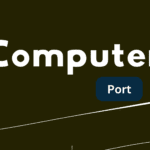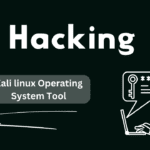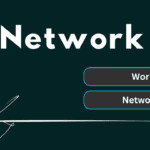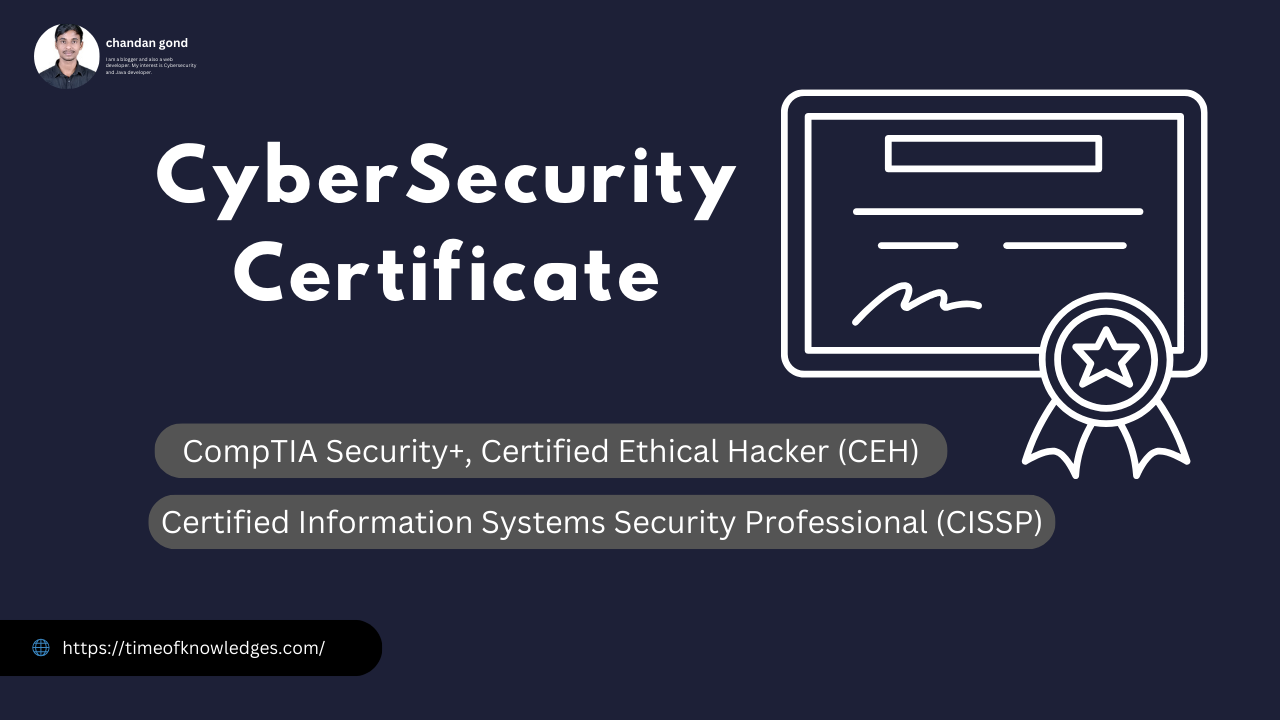Kali Linux


Kali Linux is a popular Linux distribution specifically designed for penetration testing, ethical hacking, digital forensics, and security research. It comes pre-installed with a wide range of powerful tools and utilities that are useful for various security-related tasks. Below is a detailed list of some of the notable tools available in Kali Linux along with their descriptions:
Information Gathering Tools:
- A powerful network scanning tool used for host discovery, port scanning, service enumeration, and vulnerability detection.
- Recon-ng
- A full-featured reconnaissance framework that provides various modules for information gathering from web, databases, and more.
- theHarvester
- Tool for gathering email accounts, subdomains, virtual hosts, and open ports from public sources like search engines and PGP key servers.
- Maltego
- A graphical link analysis tool that helps in gathering and analyzing open-source intelligence.
Vulnerability Analysis Tools:
- OpenVAS
- Open Vulnerability Assessment System (OpenVAS) is a powerful vulnerability scanner used for detecting security issues in target systems.
- Nikto
- A web server scanner that performs comprehensive tests against web servers for multiple vulnerabilities.
- Metasploit Framework
- A popular exploitation framework that includes a collection of tools for penetration testing and developing and executing exploit code against target systems.
Wireless Attacks Tools:
- Aircrack-ng
- A suite of tools for auditing wireless networks, including packet capture, password cracking, and network analysis.
- Wireshark
- A widely-used network protocol analyzer that allows live packet capture and detailed inspection of network traffic.
- Reaver
- A tool designed for brute-forcing WPS (Wi-Fi Protected Setup) to recover WPA/WPA2 passphrases.
Password Attacks Tools:
- John the Ripper
- A fast password cracker that supports various hash types and password encodings.
- Hydra
- A powerful online password cracking tool that supports numerous protocols and services for brute-forcing login credentials.
Exploitation Tools:
- SQLMap
- An automatic SQL injection and database takeover tool used for detecting and exploiting SQL injection vulnerabilities in web applications.
- Burp Suite
- A comprehensive platform for performing web application security testing, including scanning, crawling, and attacking web applications.
Forensics and Analysis Tools:
- Autopsy
- A digital forensics platform used for analyzing disk images, file systems, and data recovery.
- Volatility
- An advanced memory forensics framework used for extracting and analyzing information from volatile memory (RAM) samples.
Social Engineering Tools:
- Social Engineering Toolkit (SET)
- A toolkit for performing social engineering attacks, including phishing, credential harvesting, and more.
Reporting Tools:
- Dradis
- A collaboration and reporting platform that helps in generating professional-looking reports from the output of various security tools.
Miscellaneous Tools:
- Hashcat
- An advanced password recovery tool that supports various hash algorithms and attack modes.
- Netcat (nc)
- A versatile networking utility for reading from and writing to network connections using TCP or UDP.
These are just a few examples of the tools available in Kali Linux. The distribution includes many more tools covering a wide range of security testing and analysis tasks. It’s important to use these tools responsibly and ethically for legitimate security testing purposes only.
Password Craking Tool:
Password cracking tools are used for testing the strength of passwords and recovering or cracking passwords from various sources such as password hashes, encrypted files, or network protocols. It’s important to use these tools responsibly and only on systems that you have permission to test. Here is a list of popular password cracking tools:
Offline Password Cracking Tools:
- John the Ripper (John):
- A versatile and fast password cracker that supports various hash types including Unix, Windows LM/NTLM, and many more. It can perform dictionary attacks, brute force attacks, and rainbow table attacks.
- Hashcat:
- An advanced password recovery tool that supports GPU acceleration for fast cracking of hashes. It can handle a wide variety of hash types and algorithms.
- Hashcat-utils:
- A set of utilities that complement Hashcat for tasks like creating custom charsets, converting hash formats, and generating hashcat masks.
- Hydra:
- A popular online password cracking tool that supports attacking various network protocols including SSH, FTP, Telnet, HTTP, SMB, and more. It can perform brute force attacks and dictionary attacks.
- Cain and Abel:
- A comprehensive password recovery tool that can crack various types of passwords including Windows hashes, network sniffing passwords, and more. It also includes other security-related features.
- Ophcrack:
- A Windows password cracker based on rainbow tables. It can recover passwords from Windows SAM files (system files where Windows stores user credentials).
Online Password Cracking Tools:
- Medusa:
- A fast, parallel, and modular login brute-forcer that supports attacking various network services such as FTP, SSH, Telnet, HTTP, and more.
- Patator:
- A multi-threaded tool for brute-forcing various types of services and protocols including HTTP, FTP, SSH, Telnet, SMB, and more.
Wireless Password Cracking Tools:
- Aircrack-ng:
- A suite of tools for auditing wireless networks. It includes tools like aircrack-ng (for WEP and WPA-PSK key cracking), airmon-ng (for enabling monitor mode on wireless interfaces), and airplay-ng (for packet injection).
- Reaver:
- A tool specifically designed for brute-forcing WPS (Wi-Fi Protected Setup) pins to recover WPA/WPA2 passphrases.
Web Application Password Cracking Tools:
- SQLMap:
- An automatic SQL injection and database takeover tool that can be used for extracting password hashes from databases vulnerable to SQL injection.
Miscellaneous Password Cracking Tools:
- RainbowCrack:
- A hash cracker tool that uses rainbow tables to crack password hashes. It supports various hash algorithms and can be used for offline password cracking.
- Crowbar:
- A brute-force tool that supports attacking various protocols including SSH, RDP, VNC, and others using dictionary or brute-force attacks.
These tools are typically used by security professionals and penetration testers to assess the security of systems and networks. However, it’s important to note that unauthorized or malicious use of these tools can be illegal and unethical. Always ensure that you have proper authorization before using password cracking tools on any system or network.
Network Scanning tool :
Network scanning tools are used to discover and gather information about devices, services, and vulnerabilities on a network. These tools are essential for network administrators, security analysts, and penetration testers to assess the security posture of a network. Here is a list of popular network scanning tools:
Active Network Scanning Tools:
- Nmap (Network Mapper):
- A versatile and powerful open-source network scanner used for host discovery, port scanning, service enumeration, OS detection, and vulnerability scanning.
- Supports a wide range of scanning techniques including TCP SYN scan, UDP scan, TCP connect scan, and more.
- Masscan:
- A high-speed TCP port scanner capable of scanning the entire internet in a few minutes. It supports asynchronous scanning and can scan thousands of ports per second.
- Zmap:
- A fast network scanner specifically designed for internet-wide scanning. It can scan the entire IPv4 address space in less than an hour.
- Unicornscan:
- An extensible and powerful network scanning tool that supports asynchronous scanning, port scanning, OS fingerprinting, and more.
- Angry IP Scanner:
- A lightweight and cross-platform IP address and port scanner that can quickly scan a range of IP addresses and display live hosts.
- Netcat (nc):
- Although primarily known as a networking utility, Netcat can be used for network scanning by scripting it to perform TCP or UDP port scans.
Passive Network Scanning Tools:
- Wireshark:
- A popular network protocol analyzer that captures and analyzes packets in real-time. Wireshark can be used to passively gather information about network traffic, hosts, and services.
- Tcpdump:
- A command-line packet analyzer that captures network traffic and allows users to analyze packets or save them to a file for later analysis.
Vulnerability Scanning Tools (Combining Network Scanning with Vulnerability Assessment):
- OpenVAS (Open Vulnerability Assessment System):
- A comprehensive vulnerability scanner that performs network vulnerability assessments, identifying security issues in hosts, services, and applications.
- Nessus:
- A widely-used vulnerability scanner that can perform network-based vulnerability assessments, configuration audits, and malware detection.
Web Application Scanning Tools (Focused on Web Services):
- Nikto:
- A web server scanner that performs comprehensive tests against web servers for multiple vulnerabilities including outdated software, server misconfigurations, and more.
- Burp Suite:
- While primarily known as a web application security testing tool, Burp Suite includes features for scanning web applications and APIs to identify security issues.
Wireless Network Scanning Tools:
- Aircrack-ng:
- A suite of tools used for auditing wireless networks. It includes tools for capturing packets, performing WEP/WPA/WPA2 key attacks, and analyzing Wi-Fi traffic.
- Kismet:
- A wireless network detector, sniffer, and intrusion detection system that can passively monitor wireless networks and gather information about nearby Wi-Fi devices.
These network scanning tools serve different purposes and are used based on the specific requirements of network administrators, security analysts, and penetration testers. When using these tools, always ensure that you have proper authorization and permission to scan the target network or systems. Unauthorized or malicious scanning can be illegal and unethical.























